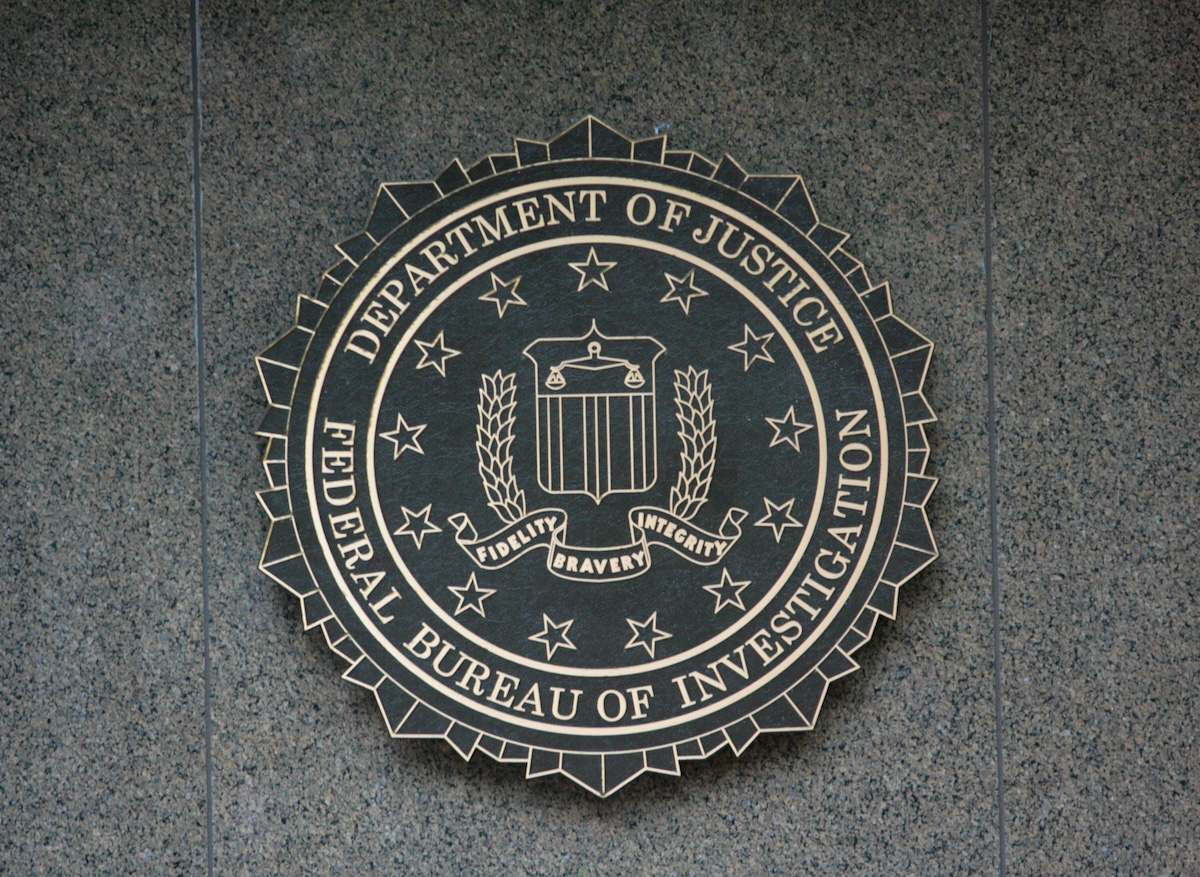SEC Takes First Enforcement Action in the NFT Space
The SEC targets Impact Theory in its first NFT-related enforcement action for selling unregistered securities. The case highlights SEC internal divisions.

The U.S. Securities and Exchange Commission (SEC) has initiated its inaugural NFT enforcement action against Los Angeles-based company, Impact Theory. According to the regulatory agency, Impact Theory sold its NFTs as unregistered securities, a violation of federal law. The action culminated in a legal settlement that requires Impact Theory to establish a fund to reimburse investors. Furthermore, the company will pay over $6.1 million in penalties.
Impact Theory had raised approximately $30 million from the sale of three different tiers of NFTs. While the SEC’s action against Impact Theory is a first, it doesn't universally categorize all NFTs as securities. However, it does establish a legal precedent that could influence how NFTs are regulated in the future.
Divided Opinions Within the SEC
The SEC’s action did not come without internal disagreement. Two Republican SEC commissioners, Hester Peirce and Mark Uyeda, opposed the enforcement action. The dissenting voices argue that the SEC's application of the Howey Test— a legal framework used to determine whether a financial transaction qualifies as an "investment contract" and thus a security— was flawed in the context of Impact Theory’s NFT offerings.
The Howey Test involves four criteria that a transaction must meet to be considered a security: an investment of money, in a common enterprise, with an expectation of profit, derived primarily from the efforts of others. Commissioners Peirce and Uyeda contend that Impact Theory's NFTs did not meet these criteria and should not be classified as securities.

A Gaze Towards Ongoing Investigations
This landmark action against Impact Theory arrives amid ongoing investigations into other major players in the NFT industry, such as Dapper Labs, the creators of NBA Top Shot, and Yuga Labs, the team behind the popular Bored Ape Yacht Club. While no official charges have been made against these companies, the SEC’s action against Impact Theory may serve as an indicator that federal regulators are intensifying their oversight of the rapidly evolving NFT market.
Given the emerging nature of the NFT industry, market participants await further clarification from regulatory agencies. The Impact Theory case provides an initial framework for understanding how existing securities laws could be applied to NFTs, but it also opens up avenues for debate and legal challenges that may shape the industry’s regulatory landscape for years to come.
Conclusion
In summary, the SEC’s action against Impact Theory is significant for what it represents — a step toward defining the legal boundaries that will guide the NFT market. With disagreement within the SEC and ongoing investigations into other prominent companies, it is clear that the regulatory discourse surrounding NFTs is far from settled.
This latest development signals a cautionary note to all stakeholders in the NFT space. As the industry continues to mature, the need for transparent and compliant practices will only grow more acute.





